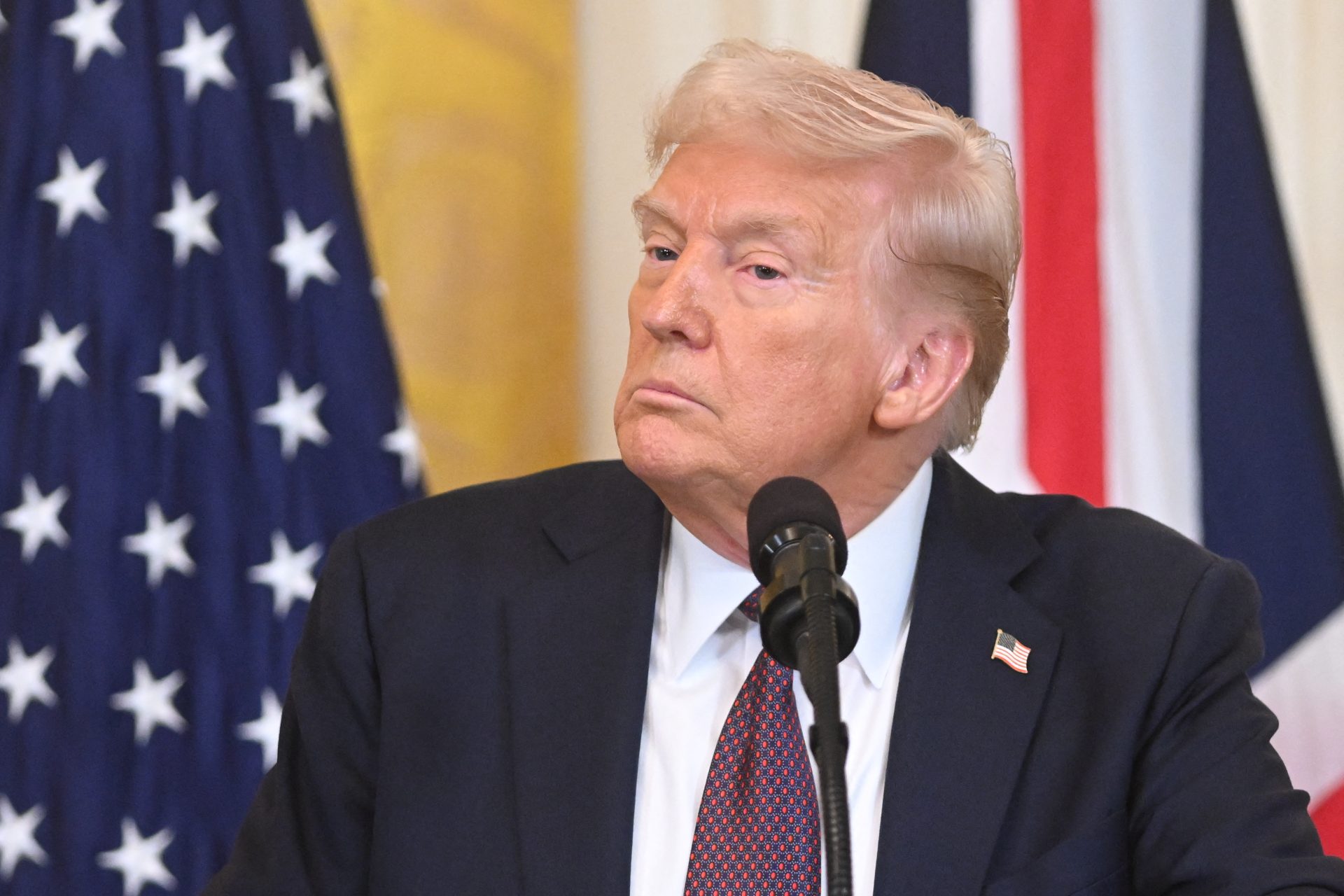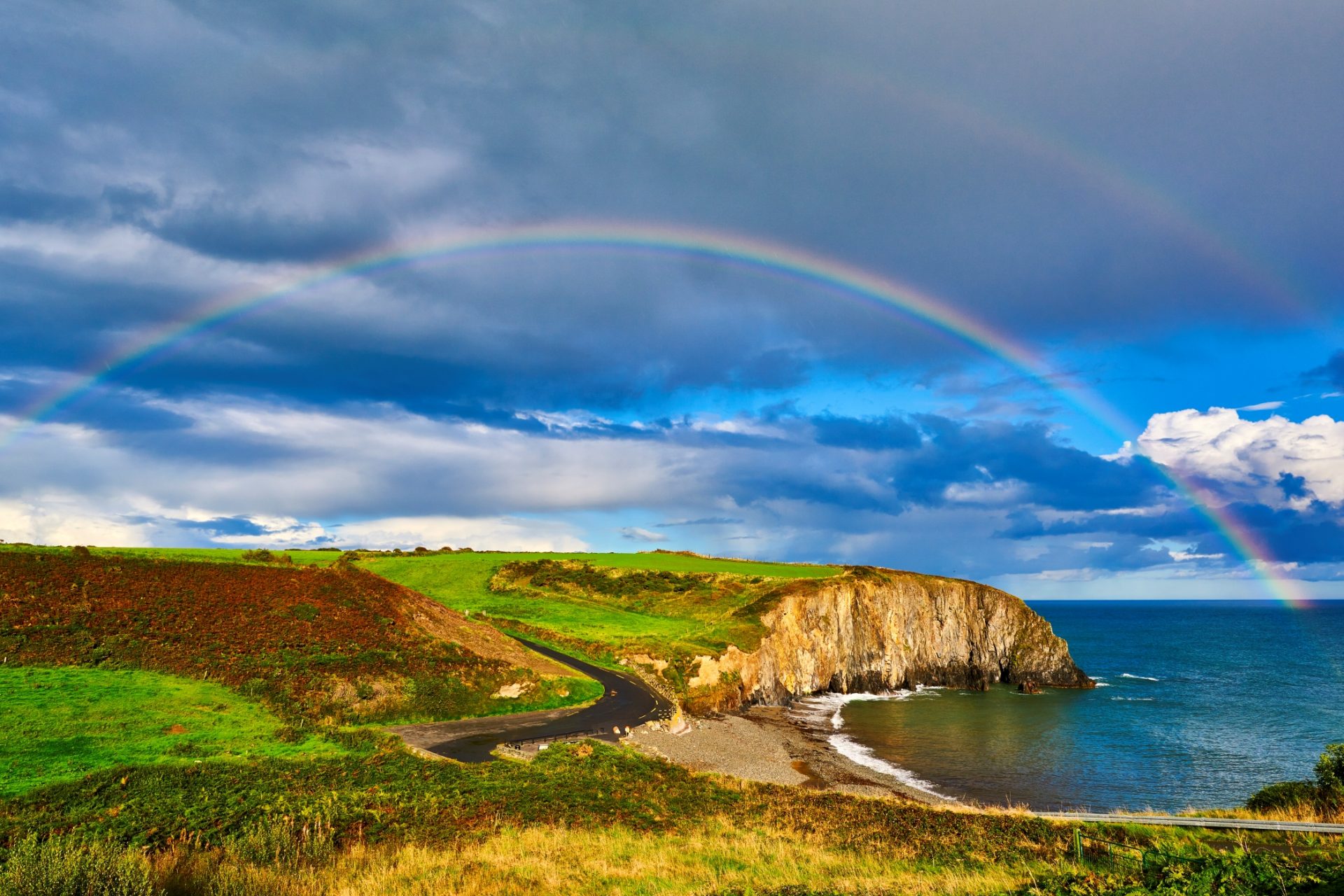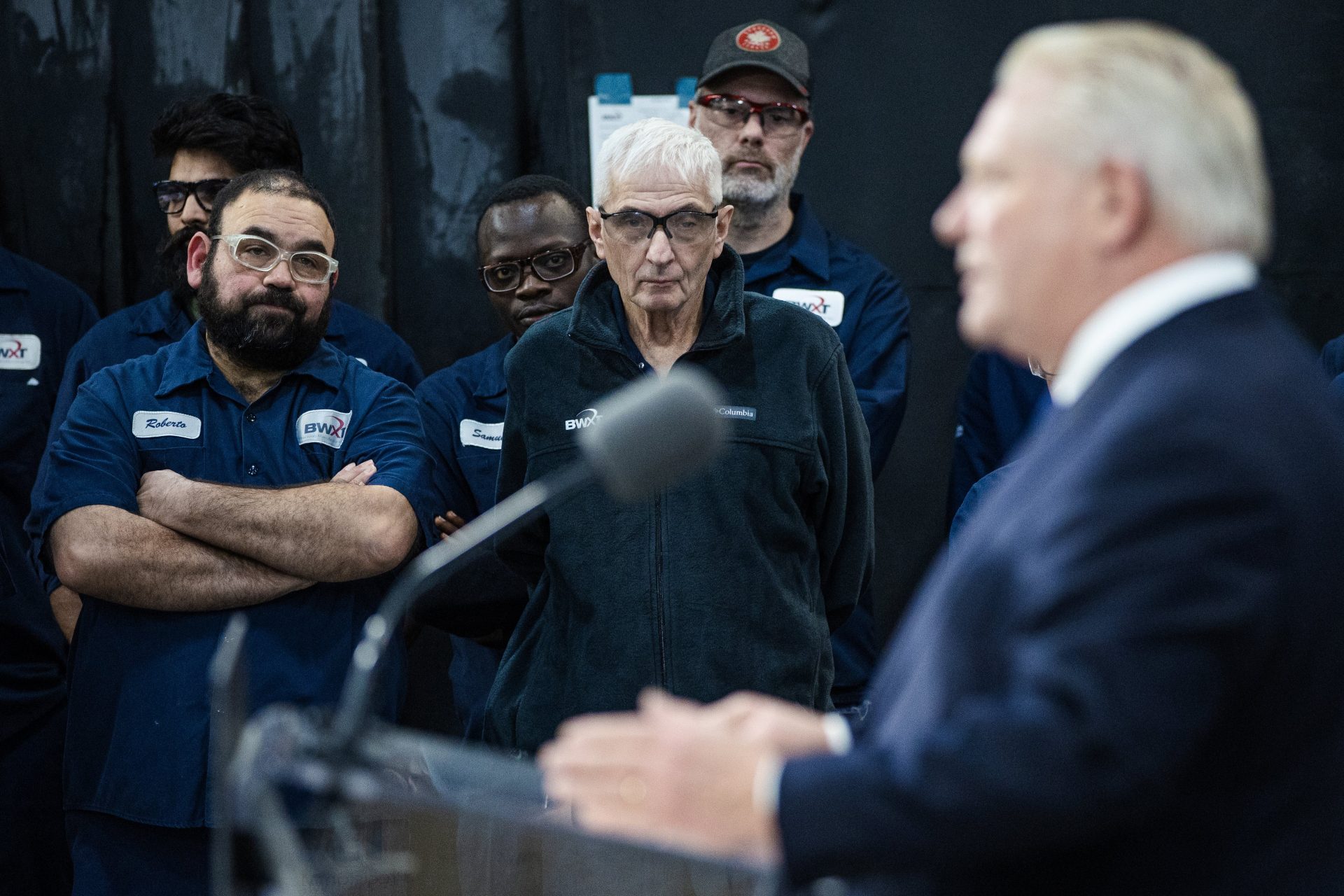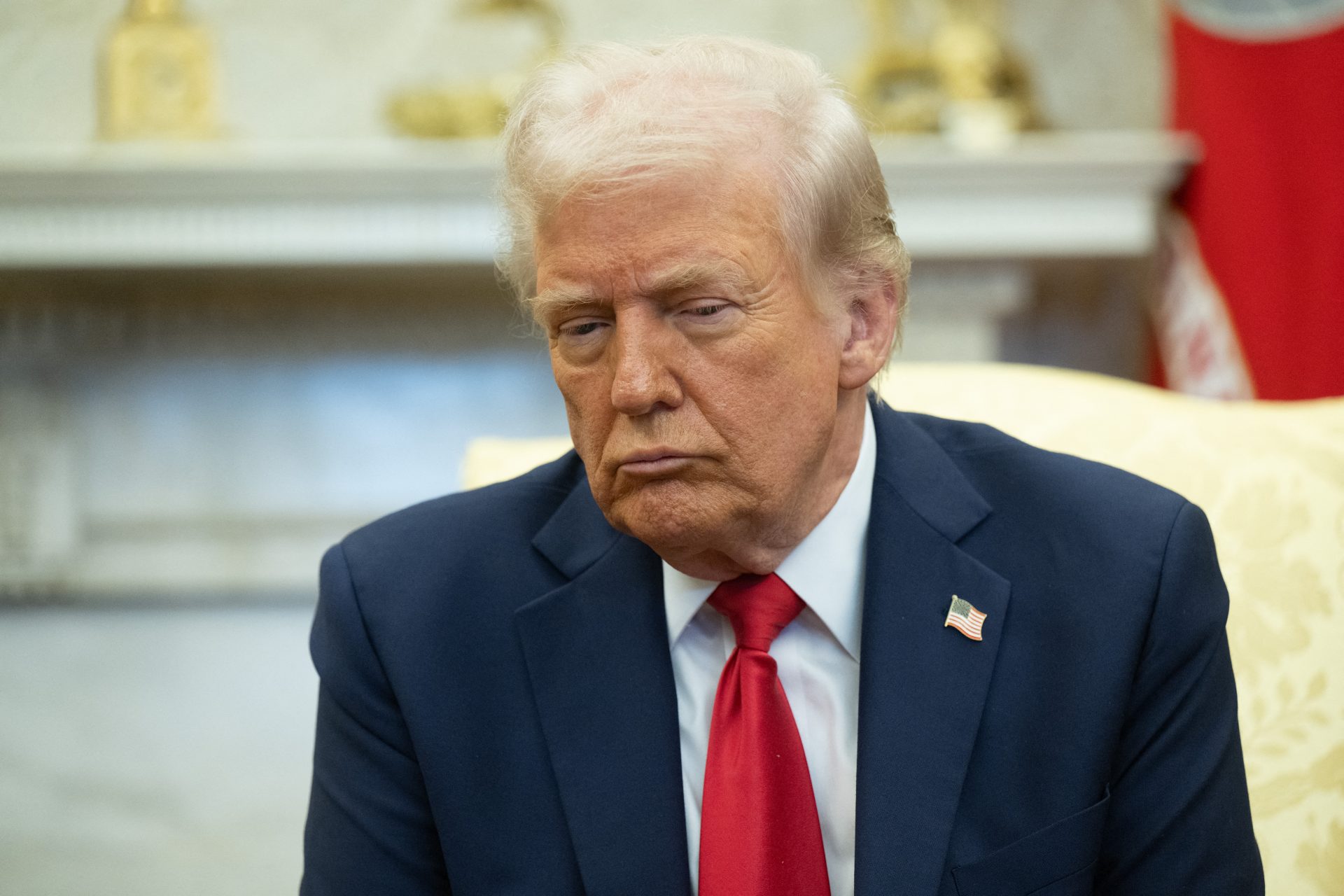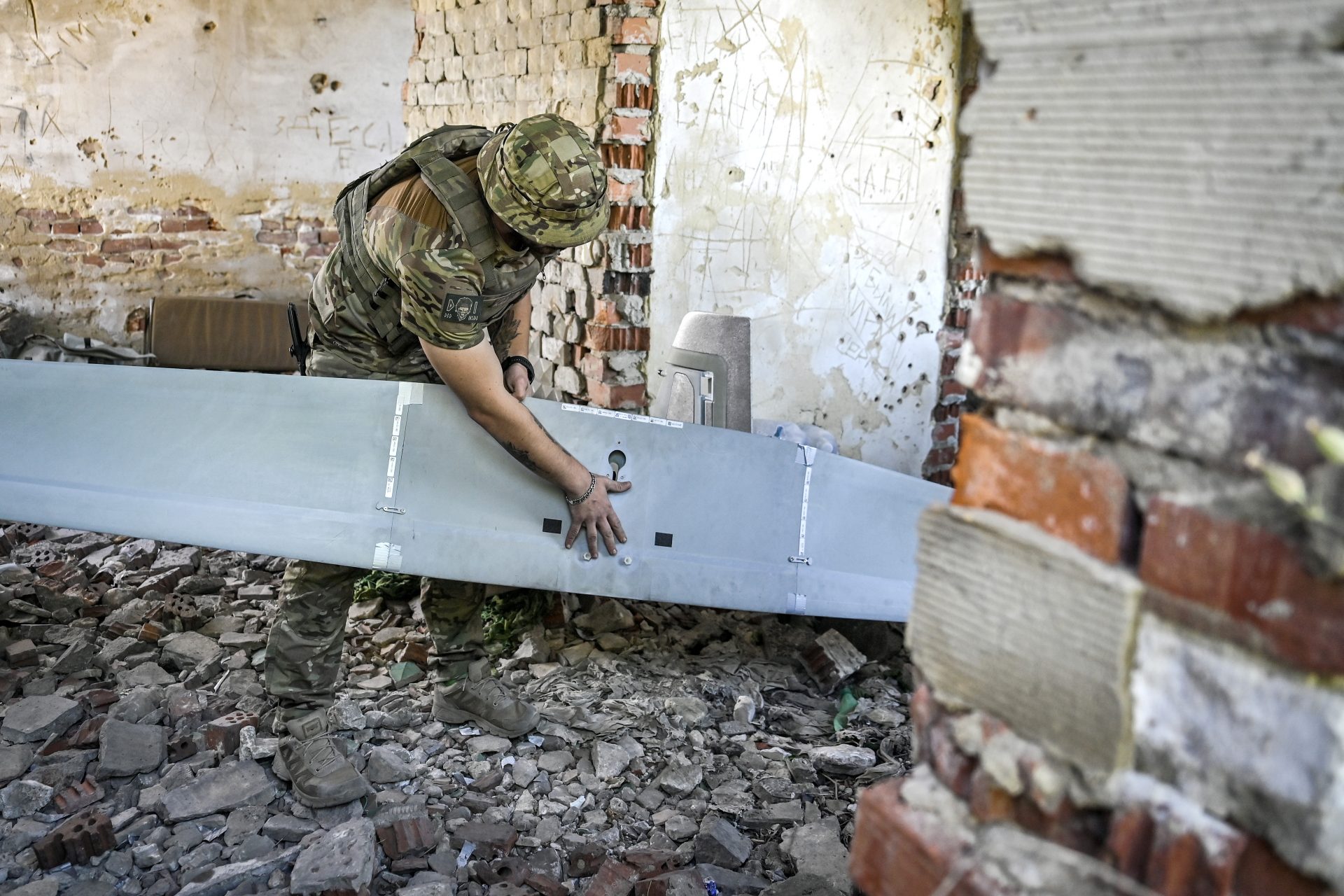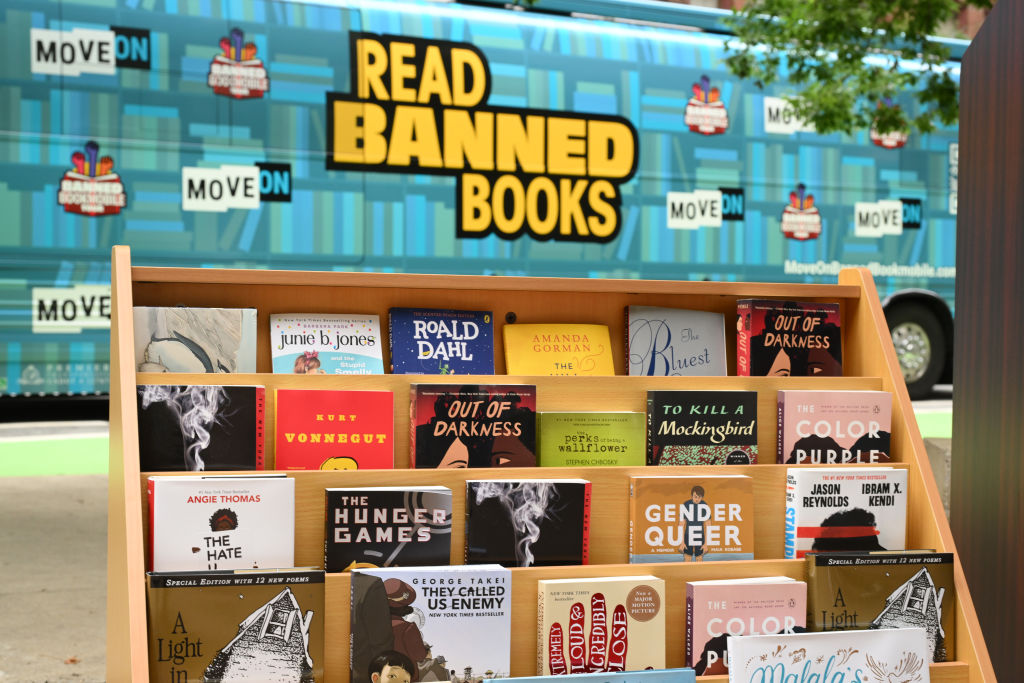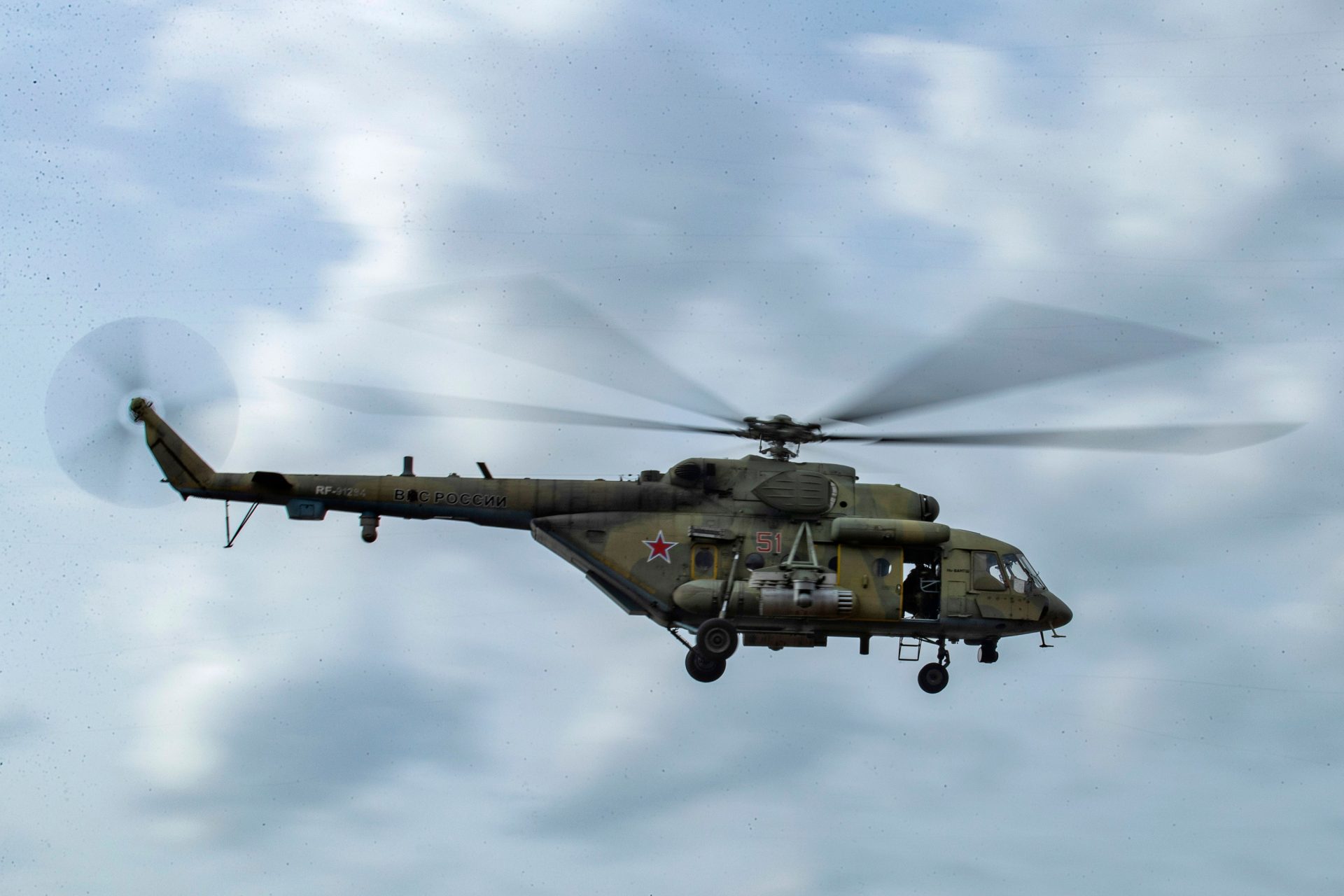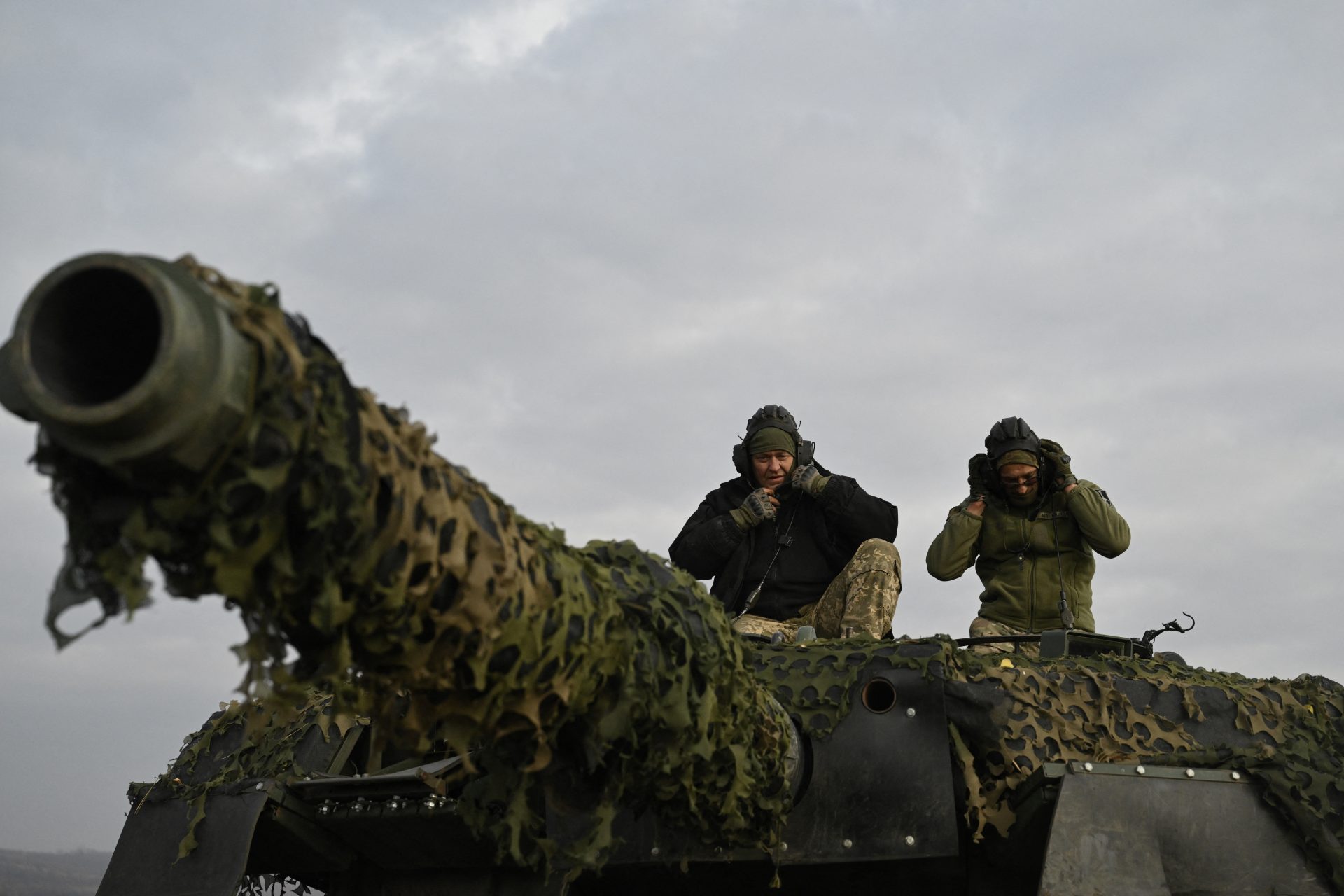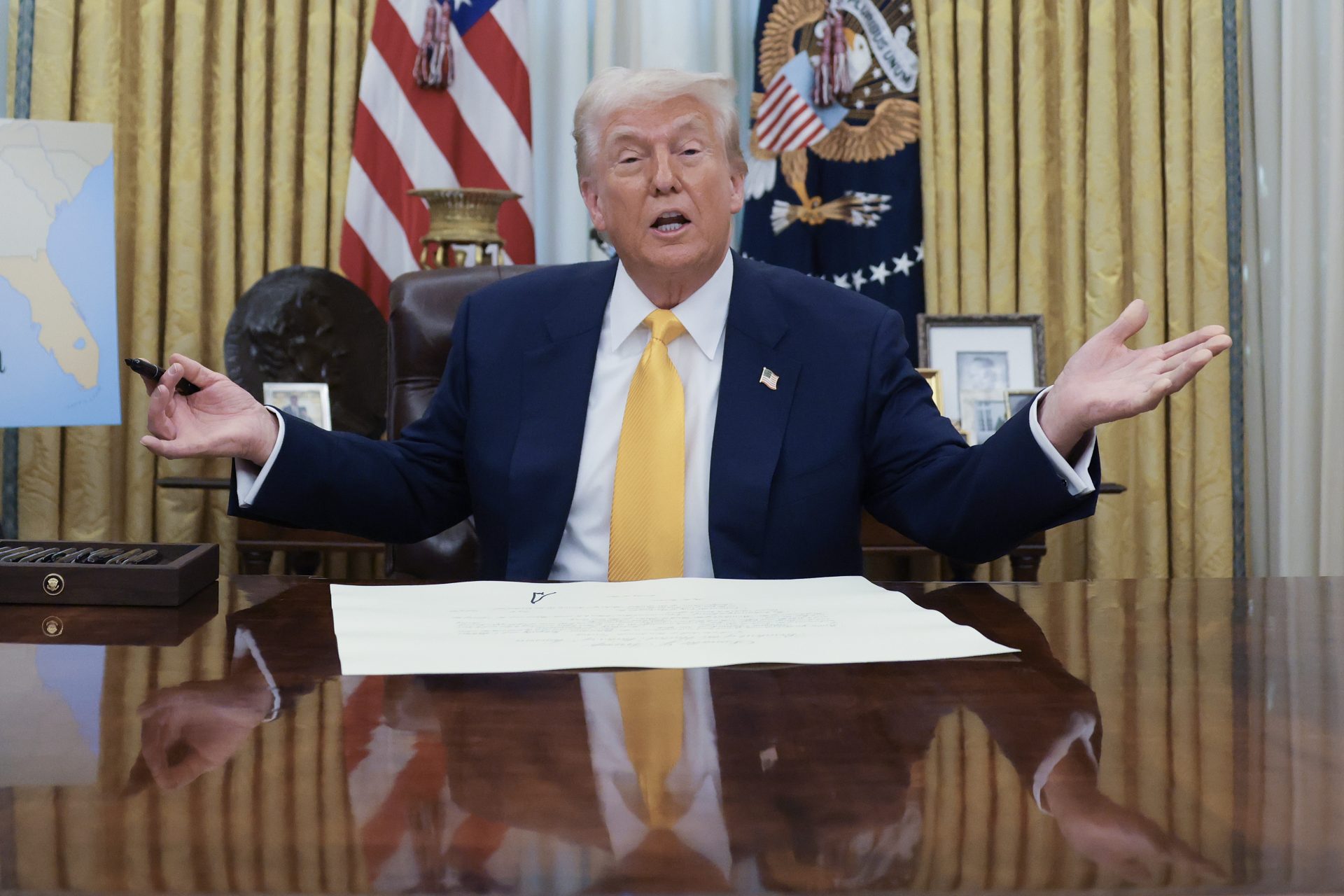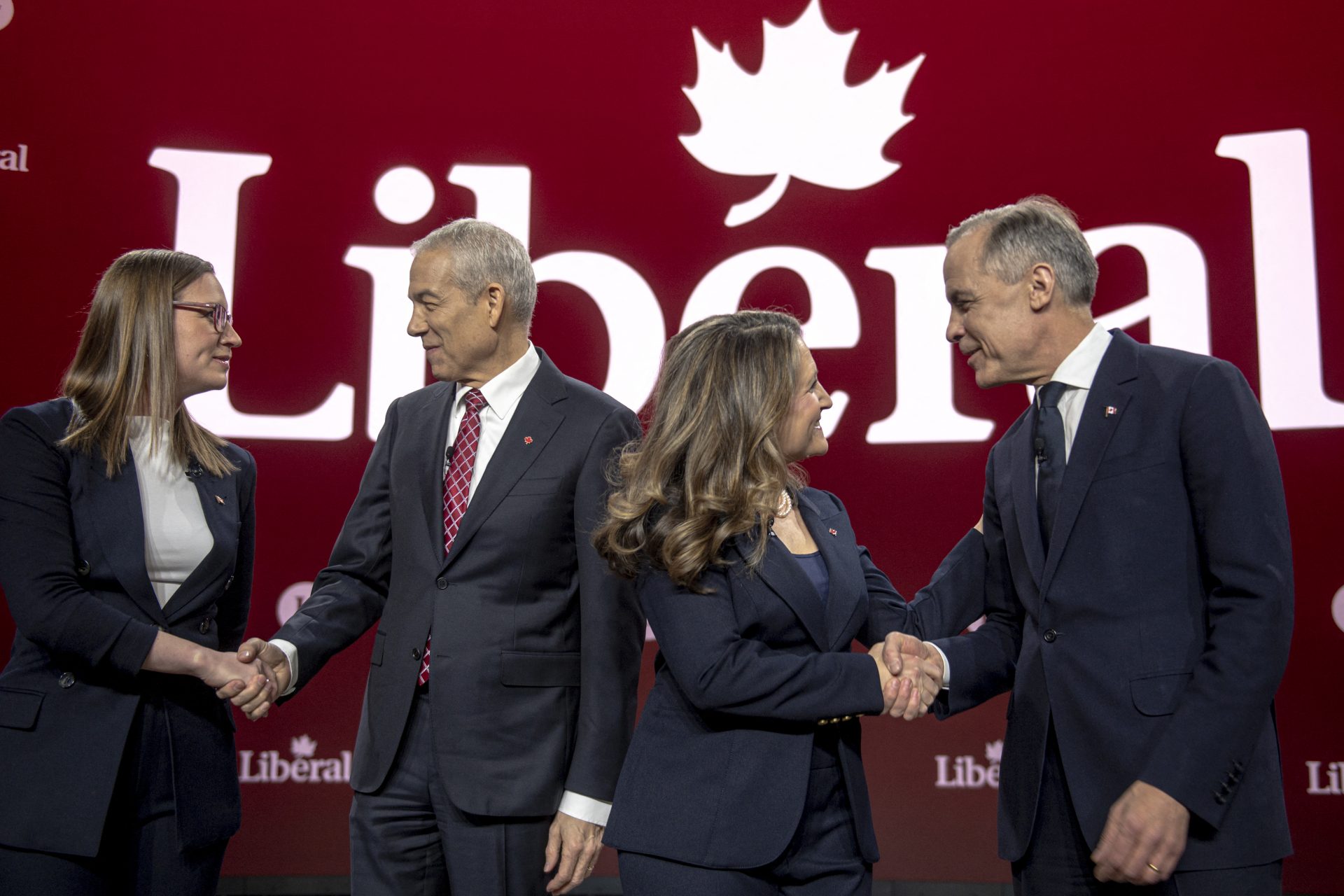Shocking revelations: Biden knew about Russian invasion plans in Ukraine
A Washington Post exclusive reveals that Joe Biden and top US government officials were aware of Putin’s plans for a full-scale invasion of Ukraine back in autumn 2021.
The piece details the problematic position that the White House found itself in the months before the Russian invasion.
The main dilemma was how much the Biden Administration should at the time help Ukraine without firing a single shot, something that The Washington Post describes as more of an art than a science.
After all, The failures of the occupation of Iraq and the retreat from Afghanistan meant that the United States was in no position to lead a less than unified NATO to provide a response to Moscow.
The biggest question was how to help Ukraine. Too little help would translate into an imminent Russian victory, but too much would have set the battleground for a direct conflict between NATO and the Kremlin.
The plans were described by The Washington Post as “the Russian version of Shock and Awe”: Troops and tanks from the north would surround Kyiv, forming a pincer around the Ukrainian capital, which was expected to fall in less than a week.
The Spetznaz, The Russian analogue of the special forces, were expected to hunt down Ukrainian President Volodymyr Zelensky, kill him if necessary, and install a Kremlin-friendly puppet government.
Meanwhile, Russian forces from the east were expected to take over the central area of the country, while those positioned in Crimea took hold of the southeastern coast. The victory was expected within several weeks.
Ultimately, according to The Washington Post, the plan was to leave a diminished Ukrainian state in the west, stretching from western Belarus to Moldova, which was deemed as full of “irredeemable neo-Nazi Russophobes”.
White House staff at first were skeptical that Russia would invade Ukraine, a country roughly the size of Texas with over 45 million people that no doubt was going to put some resistance. It was irrational.
Image: Nico Smit / Unsplash
However, CIA Director William Burns, who previously had served as US Ambassador to Russia and had direct interactions with Putin, confirmed that the information was real and that the Russian leader was obsessed with controlling Ukraine.
Months before, in July 2021, Putin had published an essay where he defended the historical unity of Russians and Ukrainians as “one people” that had been divided by a conniving West.
The Washington Post also highlights how Putin, approaching his 70s, wanted to leave a great legacy, reaffirming Russia’s power in Europe, as great Russian historical leaders had done.
The moment was perfect for Putin: The US retreat from Afghanistan guaranteed that any US involvement in military conflicts would be proven unpopular.
Europe was also distracted with its own problems: Germany’s Angela Merkel was stepping down, Macron faced a difficult re-election campaign with a rising far-right and Britain was still licking its wounds after Brexit.
And that is not even factoring in the global pandemic of the Coronavirus.
Putin considered Russian gas and oil as his trump card in case any conflict arose. An invasion of Ukraine would bring outrage, sure, even sanctions he believed the Russian economy could stand, but the direct military response would be limited.
The Biden White House shared with Ukrainian President Volodymyr Zelensky their concerns about an upcoming invasion.
However, the lack of transparency by the US government and fears of war-induced economic panic made the Ukrainian government skeptical about the true scope of the Russian attack until a few days before the start of the war.
During a NATO conference in November, French and German officials were reportedly confused about why Putin would try to invade and occupy a large country, particularly if the Ukrainian President himself didn’t believe his bigger neighbor would attack.
France and Germany remembered US intel mistakes involving Iraq and Afghanistan. The Washington Post reports that only the UK and the Baltic nations were fully supportive of the information shared.
“I could not believe that we would face a war of such scale”, said Ukraine’s Foreign Minister Dmytro Kuleba to The Washington Post.
The US government's strategy of pointing out the Russian military buildup in the spotlight, along with allegations that the Kremlin was planning a fake attack to blame the Ukrainians, deprived Putin to shape the narrative.
More for you
Top Stories


























